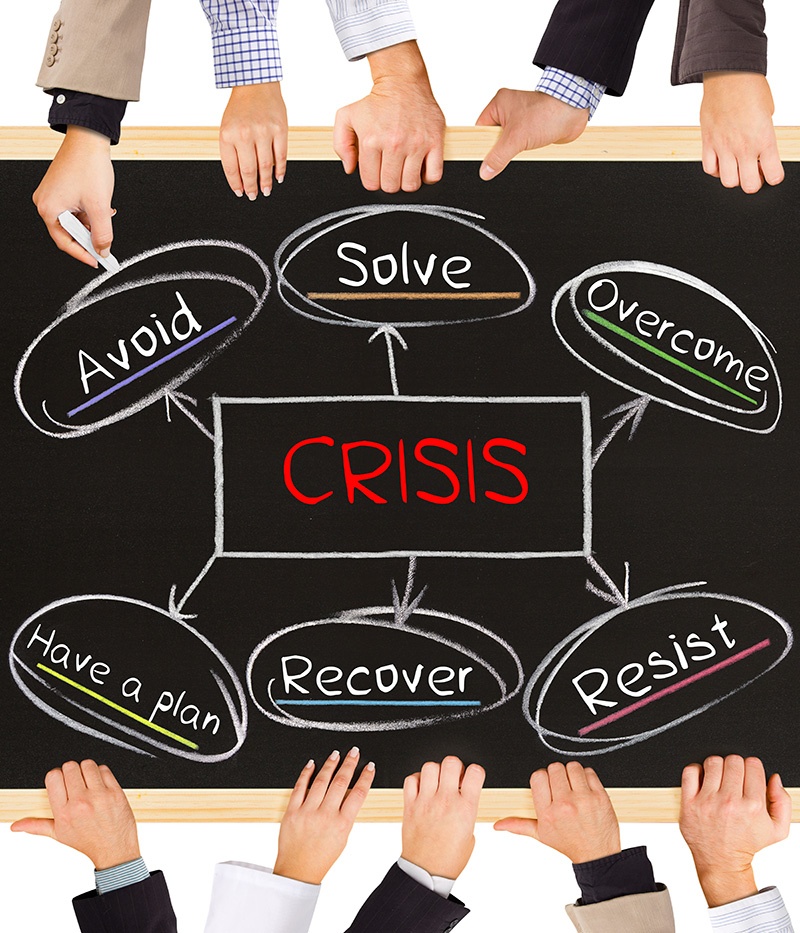Disaster Recovery Plan for Fleets

 Disasters happen. Although no one can predict exactly when the next hurricane, tornado, snow storm, wildfire, flood, earthquake or
Disasters happen. Although no one can predict exactly when the next hurricane, tornado, snow storm, wildfire, flood, earthquake or
A solid, well thought out plan can make a huge difference when disaster strikes. It can minimize impact
Think about the investment you have in your business—your people, your products, your equipment and your reputation. Not having a disaster recovery plan in place is flirting with Mother Nature. If you aren’t adequately prepared, Mother Nature just might flirt back and reduce your investment substantially. So who needs a disaster recovery plan? You do.
Planning and Preparation Keeps Your Fleet Moving
Since most reputable fuel suppliers will not sign on a new client during an emergency, having steps in place to keep your fleet fueled and road-ready when disaster strikes
Be proactive in your planning. Lineup suppliers and vendors, keep them on the same page and focus on those necessary for the continuance of your day-to-day operations; so if and when a disaster does occur, you are fully prepared, your fleet can keep moving, and your business operating. Make sure to do your homework when considering partnering with a fuel supplier or
Also important to your plan is how and when fuel will get to you during a disaster. What type of emergency fueling program does your potential supplier have? Will their program be able to provide you reliable fueling when conventional fueling is unavailable? Time is of the essence in an emergency, so make sure your supplier’s emergency fueling program can adequately cover your needs in an efficient and cost-effective manner. If you determine that it can’t - keep looking.
Include steps in your plan for refueling if power is knocked out. This could involve working with your fuel supplier or having an alternate plan for renting equipment to store backup fuel, such as storage tanks and dispensing pumps with hoses and nozzles. And of course, make sure your plan covers preventative maintenance on your vehicles and includes plans for securing your fleet and ensuring its safety.
Proactive Planning to Protect Your People
Imagine a Category 3 hurricane has hit the area, and you have no disaster recovery plan in place. No one knows what to do, and chaos and panic have set in. Not proactively planning for your people is the biggest mistake you can make. Now, rather than dealing with one disaster, you are dealing with many more.
A solid disaster recovery plan is not a secret among management, rather a company-wide policy. To that end, all employees should have a clear understanding of your disaster recovery plan and know their individual roles and responsibilities in an emergency situation. Ensure employees are well
Great Expectations
Creating a disaster recovery plan may seem like a daunting task, but regardless of the size of your company, you need one to protect your fleet operations and your employees. How you handle a disaster speaks volumes to your customers. Having a solid disaster plan in place shows your customers that you are proactive, accountable and dependable -- and that is certainly good for business.
Get your FREE Disaster Preparedness Checklist here!
